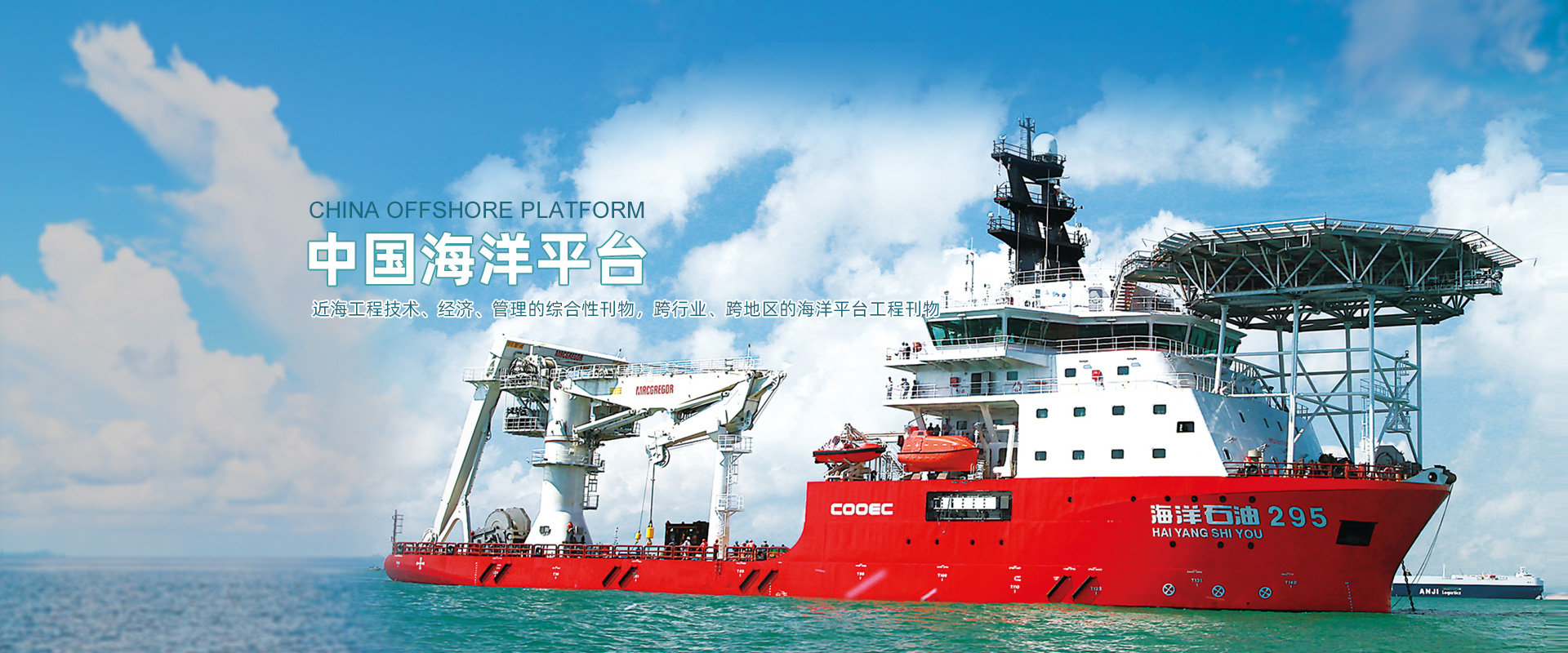Abstract:Pitting corrosion frequently existed in pipelines in submarine service for a long time, which seriously affects the ultimate strength of the pipeline. In order to ensure the normal operation of submarine pipelines, which requires the need to assess the residual ultimate strength of the pipeline. In the cause of study the residual ultimate strength of offshore pipelines with pitting corrosion under bending moment load, the relative corrosion depth, degree of pitting corrosion density, length of corrosion-affected area and corrosion distribution on the residual ultimate strength of offshore pipelines under bending moment load are analyzed by using the nonlinear finite element method based on the finite element analysis software ABAQUS. The results indicate that the relative corrosion depth and the degree of pitting corrosion density significantly influence the residual ultimate strength. This influence can be attributed to the relative metal loss, with both factors exhibiting a coupled effect on the residual ultimate strength. Specifically, the ultimate strength linearly decreases with an increase in metal loss. The impact of the length of the corrosion-affected region is relatively minor. Additionally, the distribution pattern of pitting corrosion affects the bending capacity of offshore pipelines, with random distribution showing a slightly greater degree of discounting in the residual ultimate strength of the pipe under bending moment load compared to uniform distribution.
